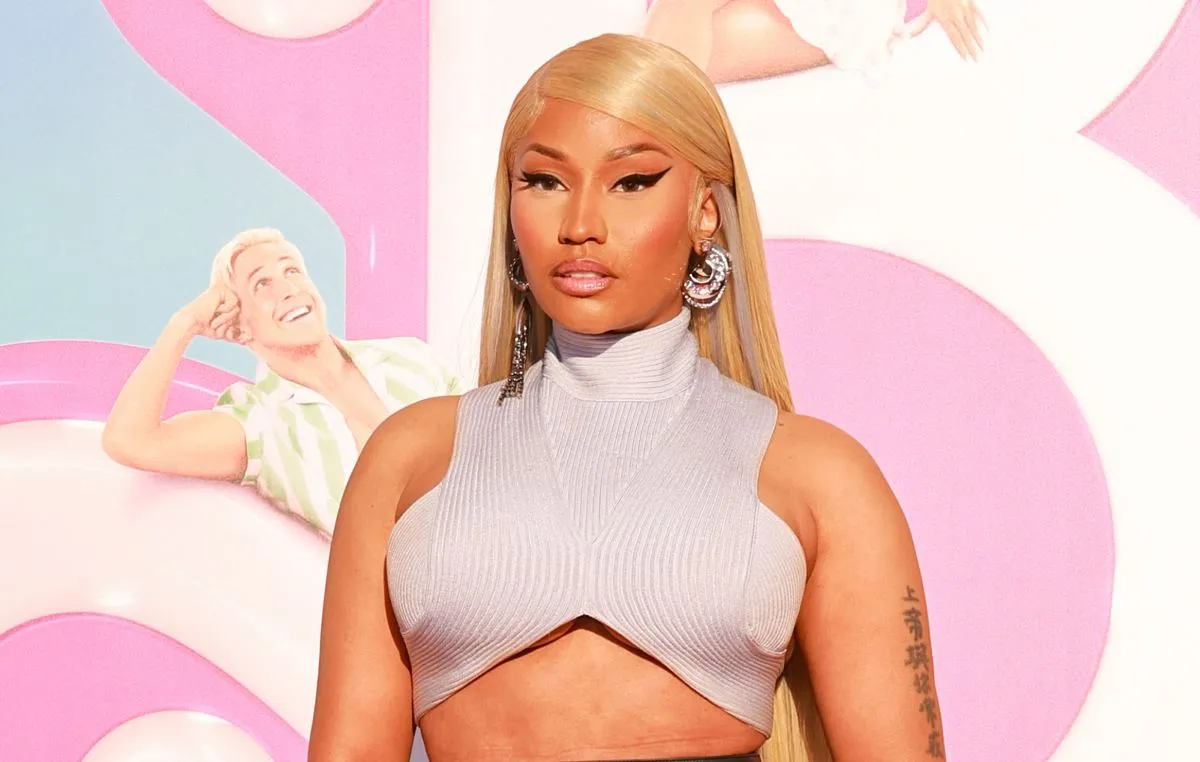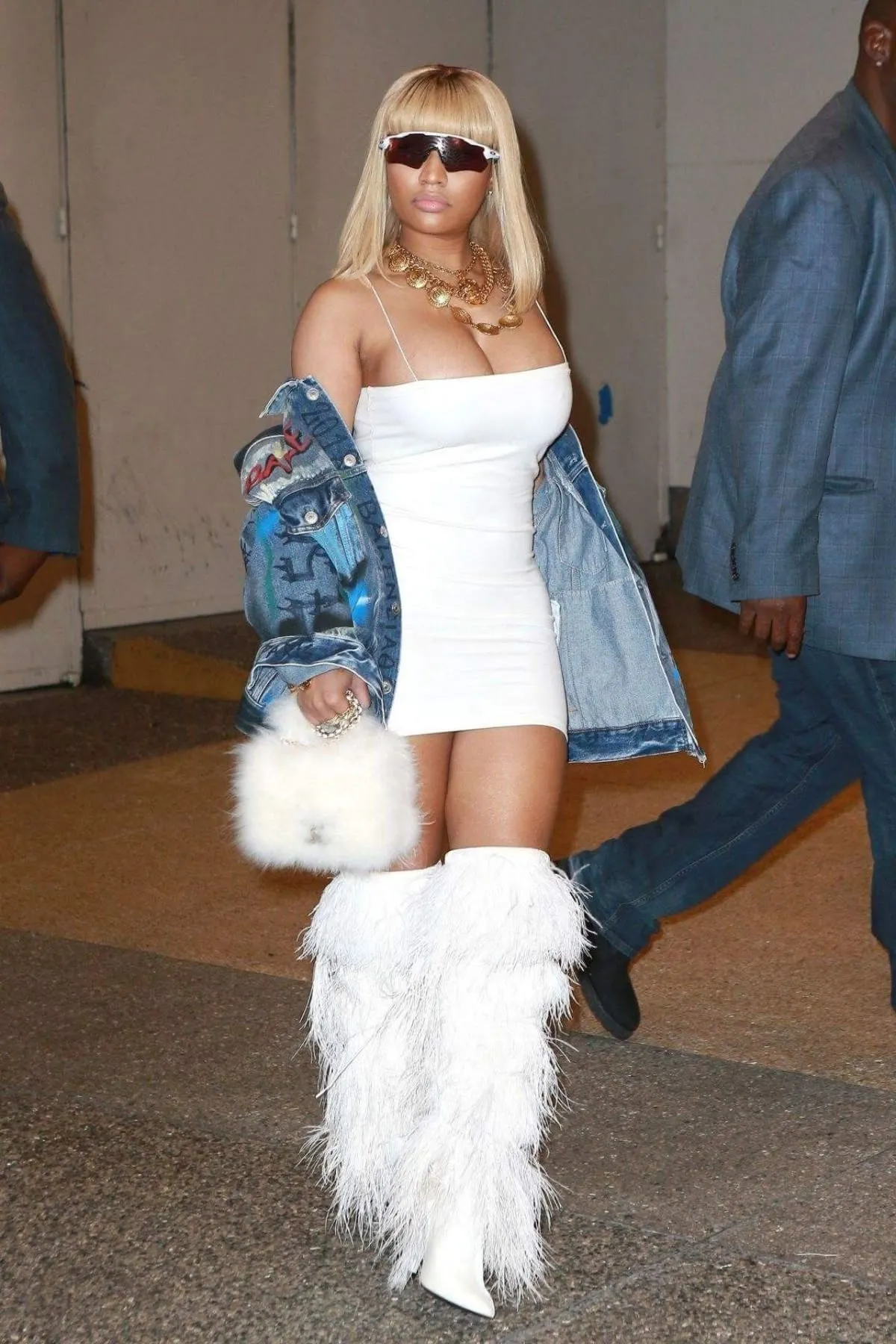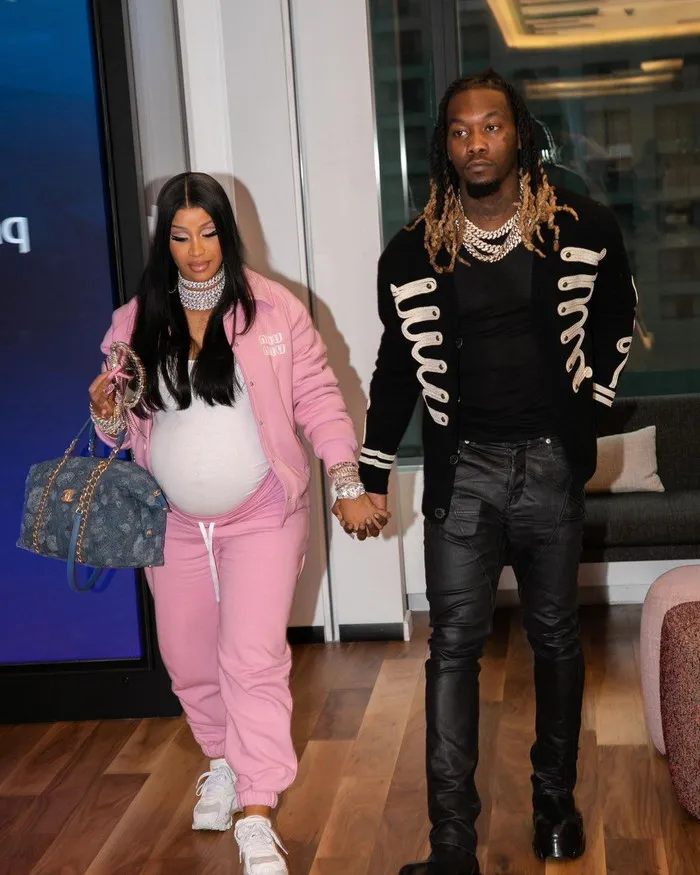

Lil Wayne, Chris Brown, and Marshmello exposed for blowing COVID-19 relief Millions on Luxury indulgences
A recent Business Insider report has exposed alleged misuse of the Shuttered Venue Operators Grant (SVOG) by high-profile musicians, including Lil Wayne, Chris Brown, and Marshmello. The program, designed to assist struggling artists and independent venues during the pandemic, was reportedly exploited to fund extravagant expenses such as private jets, designer clothing, and luxury parties.
What Is the Shuttered Venue Operators Grant (SVOG)?
The SVOG program, launched in 2020, aimed to support independent venues and artists severely impacted by the COVID-19 pandemic. Administered by the Small Business Administration (SBA), the initiative disbursed billions of dollars in relief funds.
However, loopholes in the program’s eligibility criteria allowed millionaire musicians to qualify. The SBA admitted to focusing solely on revenue losses while ignoring the pre-pandemic financial assets of applicants. This oversight created opportunities for wealthy artists to claim substantial grants, despite their financial stability, diverting funds from the program’s intended beneficiaries.
Extravagant Spending by High-Profile Artists
The report uncovered startling examples of alleged misuse of taxpayer-funded grants by Lil Wayne, Chris Brown, and Marshmello:
-
Lil Wayne: The rapper reportedly received $8.9 million in grant funds. Of this amount:
- $1.3 million was spent on private jet travel.
- Over $460,000 went to designer clothing from brands like Gucci, Balenciaga, and Raf Simons.
- An additional $175,000 was used for a music festival promoting Wayne’s marijuana brand, GKUA, including expenses for clothing for associated artists.
- Other questionable charges included $15,000 for luxury flights and hotels unrelated to his touring operations and $88,000 for a canceled New Year’s Eve concert in 2021.
-
Chris Brown: His touring company, CBE Touring, secured a $10 million grant, of which Brown reportedly pocketed $5.1 million. His lavish 33rd birthday party allegedly cost taxpayers $80,000, covering:
- “Atmosphere models.”
- An LED dance floor.
- Bottle service, hookahs, and nitrogen ice cream.
-
Marshmello: The DJ and producer reportedly received $9.9 million in grant funds. Unlike others who allocated funds to staff and operations, Marshmello allegedly retained the entire sum for himself. The report states he justified this by citing pre-pandemic touring revenue exceeding the grant’s total, making him eligible to claim the full amount.
Other notable figures implicated include Steve Aoki and members of Alice in Chains, though their spending details were not as prominently featured.

Loopholes in the SVOG Program
The SBA’s failure to thoroughly assess applicants’ financial backgrounds has been heavily criticized. By focusing on revenue losses rather than overall wealth, the program allowed millionaire musicians to claim grants meant for those in genuine financial need. This misallocation raises questions about the accountability of government relief programs and the adequacy of their oversight mechanisms.
Public Backlash and Calls for Reform
The revelations have sparked widespread outrage. Taxpayers and struggling independent artists—many of whom were unable to secure adequate funding—are questioning how high-profile celebrities were able to access such significant amounts.
This misuse of public funds intended to support the arts community during a crisis has highlighted systemic flaws in emergency relief programs. Critics are now demanding stricter guidelines and more rigorous oversight to prevent future exploitation.
What’s Next?

The alleged misuse of COVID-19 relief funds by wealthy artists like Lil Wayne, Chris Brown, and Marshmello has put a spotlight on the need for greater accountability in government aid distribution. Whether these revelations lead to repercussions for the artists involved or reforms to the SVOG program remains uncertain.
For now, the scandal underscores a critical lesson: without proper safeguards, well-intentioned programs can easily be exploited, leaving those truly in need without support.


















